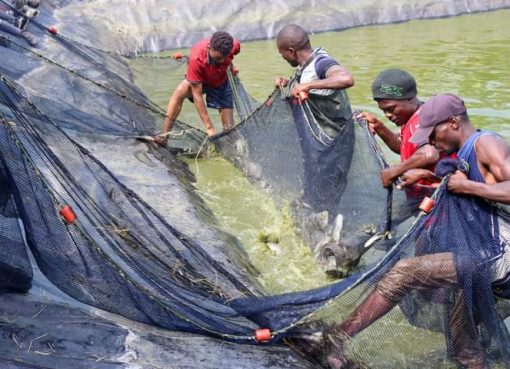Elgeyo Marakwet County Governor Wisley Rotich has suspended the licensing of all bars in the region.
Rotich announced that bars across the County will undergo a fresh vetting process, signaling a significant shift in alcohol regulation.
The Governor emphasized the urgency of addressing the County’s alcohol problem, stating, “As a County, we are headed on the wrong path and we need to address it urgently before we start burying people as is happening in other parts of the Country.”
He further highlighted the prevalence of second-generation alcohol sales in many bars, stressing the need for immediate intervention to save lives.
The Governor’s announcement coincided with the replacement of the County Alcoholic Drinks Regulations Committees, with a new team inaugurated to oversee the vetting process. Rotich also directed residents to participate in public forums to provide recommendations before new licenses are issued.
“I want to assure you that we shall enforce your recommendations, especially those concerning closure of alcoholic outlets that sell illicit alcohol,” he vowed.
Keiyo North Deputy County Commissioner (DCC) Julius Maiyo echoed the gravity of the alcohol crisis, labeling alcohol addiction as the County’s “number one enemy.”
He singled out notorious brands such as Flying Horse, Diamond Ice, African Spear, and Konyagi, which have become prevalent among locals.
Maiyo highlighted a distressing incident involving a bar where patrons were found consuming alcohol while engaging in acts of sodomy. He asserted that swift action had been taken, with the closure of the bar and revocation of its license.
He emphasized the importance of ethical conduct among government officers involved in enforcing alcohol regulations, cautioning against corruption and collusion with bar owners.
The DCC cautioned against prioritizing revenue over-regulation, stressing the need for a holistic approach to tackle the menace effectively.
Maiyo urged against compromises in the fight against alcohol abuse, warning that any form of collusion would undermine the progress made.
The duo issued stern warnings to County staff undermining efforts to combat illicit alcohol, emphasizing the consequences for such misconduct.
They emphasized the importance of maintaining integrity and impartiality in the fight against alcohol abuse.
By Rennish Okong’o




